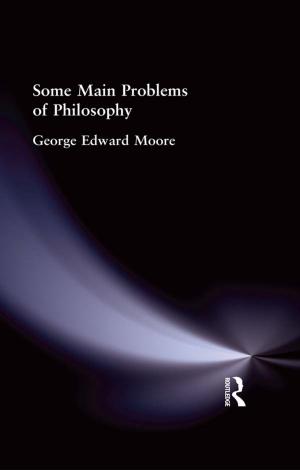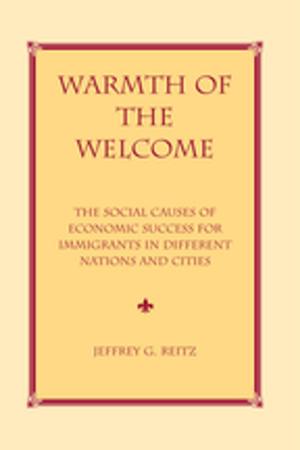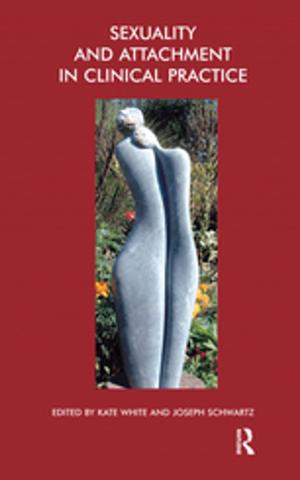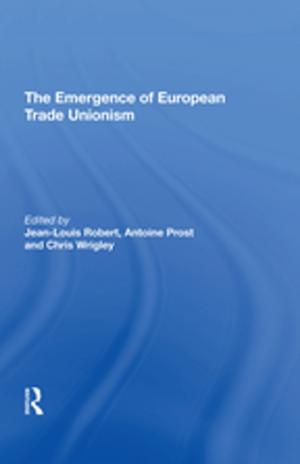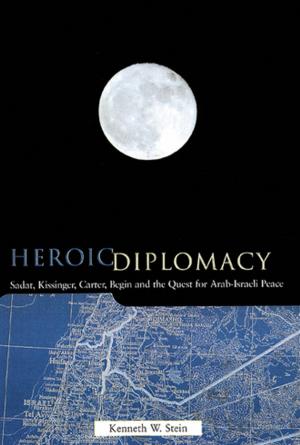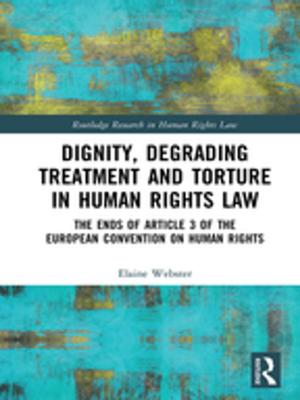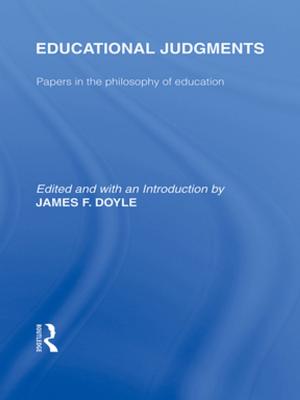Women and Civil Society in Turkey
Women's Movements in a Muslim Society
Nonfiction, Social & Cultural Studies, Social Science, Gender Studies, Women&| Author: | Ömer Çaha | ISBN: | 9781134771356 |
| Publisher: | Taylor and Francis | Publication: | February 24, 2016 |
| Imprint: | Routledge | Language: | English |
| Author: | Ömer Çaha |
| ISBN: | 9781134771356 |
| Publisher: | Taylor and Francis |
| Publication: | February 24, 2016 |
| Imprint: | Routledge |
| Language: | English |
Focusing on three important interrelated issues, Women and Civil Society in Turkey challenges the classical definition, developed in the West, of civil society as an equivalent of the public sphere in which women are excluded. First it shows how feminist movements have developed a new definition of civil society to include women. Second it draws attention to the role of women in the modernization of Turkey with special reference to the debate on the possibility of an indigenous feminist movement. Finally, it underlines the contribution of feminist, Islamic and Kurdish women’s movements in the transition from an ideologically constructed, uniform public sphere to a multi-public domain. Giving attention to the influence of diverse women’s movements over Turkish political values this book sheds light into the issue of how a feminine civil society has been constructed as part of a plural public space in Turkey. Ömer Çaha argues that this new public realm is the product of values and institutions which have been developed by diverse women’s groups who have succeeded in eliminating the traditional barricades between public and domestic spheres and in steering women into public life without sacrificing their own values.
Focusing on three important interrelated issues, Women and Civil Society in Turkey challenges the classical definition, developed in the West, of civil society as an equivalent of the public sphere in which women are excluded. First it shows how feminist movements have developed a new definition of civil society to include women. Second it draws attention to the role of women in the modernization of Turkey with special reference to the debate on the possibility of an indigenous feminist movement. Finally, it underlines the contribution of feminist, Islamic and Kurdish women’s movements in the transition from an ideologically constructed, uniform public sphere to a multi-public domain. Giving attention to the influence of diverse women’s movements over Turkish political values this book sheds light into the issue of how a feminine civil society has been constructed as part of a plural public space in Turkey. Ömer Çaha argues that this new public realm is the product of values and institutions which have been developed by diverse women’s groups who have succeeded in eliminating the traditional barricades between public and domestic spheres and in steering women into public life without sacrificing their own values.



